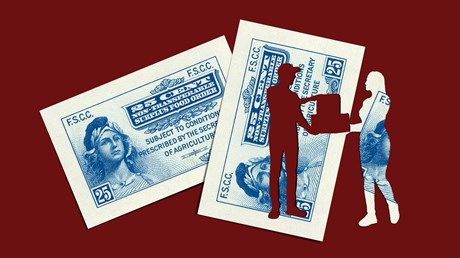Can we truly do mercy ministry if we lack compassion?

In one of my final classes at seminary, I was—as usual—the only libertarian. We were talking poverty and social welfare, and I found myself rushing to explain mine wasn’t the dismissive attitude some classmates expected libertarianism to entail, nor was it born of ignorance of the needs at hand.
If I had that same conversation today, it wouldn’t play out quite the same way. In some ways, nothing would be different: None of the principles that then informed my position have changed. But subsequent years have reshaped my assumptions about how Americans would handle poverty if left to do it voluntarily.
Of course, many Christians, churches, and ministries would be eager to help, but I’ve become skeptical that our national voluntarism would adequately rise as welfare receded, more pessimistic about whether a nation in which most profess Christianity would act like Christ if given this chance, more convinced of our selfishness and oblivion toward the common good. I’ve gone soft on welfare.
Let me begin by saying what isn’t altered in my thinking. First is my understanding of what Scripture says on poverty. There are few simpler exegetical tasks than demonstrating that God cares for the poor and expects his people to do likewise until the redemption of creation is complete.
Israel was commanded to be generous to the poor (Deut. 15:10–11); Job cites sympathy for the poor as proof of righteousness (30:25); the Psalms praise God as a defender of the poor (e.g., 12:5; 14:6). “Whoever oppresses the poor shows contempt for their Maker,” says Proverbs 14:31, “but whoever is kind to the needy honors God.” The prophets condemn “grinding the faces of the poor,” ...
from Christianity Today Magazine
Umn ministry


.gif)

.gif)
.gif)
